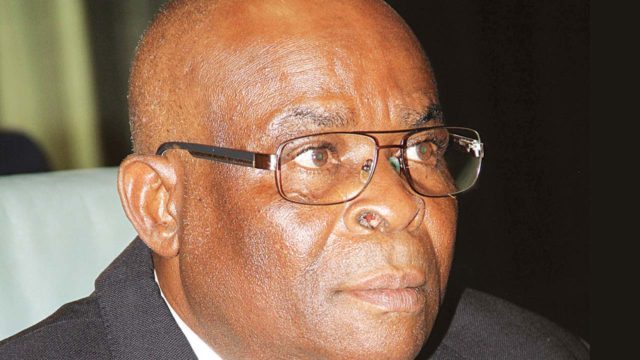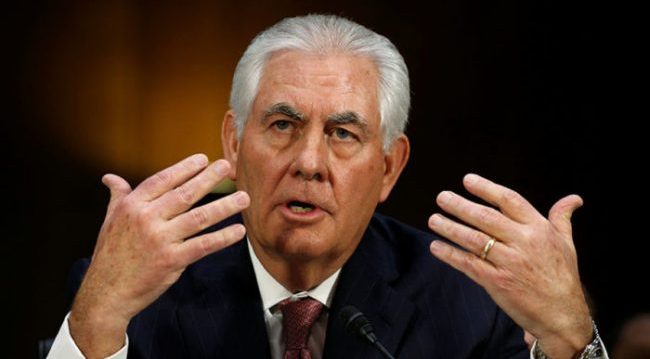The Court of Appeal, Lagos Division on Monday barred the Economic and Financial Crimes Commission (EFCC) from prosecuting serving Nigerian judicial officers.
The decision of the court has, however, attracted strong condemnation on the one part and support on the other hand from Nigerians who hold divergent views on the matter.
In the ruling of a panel of three justices consisting of Mohammed Garba and Yargata Nimpar and Abimbola Obaseki-Adejumo on the lead, the court held that unless a judicial officer is first dismissed by the National Judicial Council, he cannot be prosecuted by the anti-graft agency.
The court insisted that a judicial officer can only be investigated and prosecuted after being dismissed or retired by the National Judicial Council (NJC).
However, the Appeal Court said a serving judicial officer can be prosecuted for offences like murder, stealing etc., if such offences were committed outside the discharge of their official duties.
It ruled that once a judicial officer commits an offence in the discharge of his duties, he must first be tried by the NJC and dismissed or retired before the EFCC can investigate or prosecute him.
READ ALSO: BREAKING: Appeal Court Strips EFCC of Powers to Prosecute Serving Judicial Officers
The court anchored its decision on the principles of separation of powers between the three arms of government in the country.
While allowing the appeal against a decision of the Lagos State High Court on the suspected judge, the superior court held that the NJC must first strip a judicial officer of his judicial standing before he could be charged with an offence allegedly committed in the discharge of his duties.
Based on that the Appeal Court held that the High Court of Lagos State lacked the jurisdiction to hear and determine the charge against the serving judicial officer.
It, therefore, set aside the ruling of the Lagos High Court and upheld the preliminary objection brought against the lower court.
Next Edition has obtained the certified true copy of the ruling and you can click here to read why the court took the seeming controversial decision.











